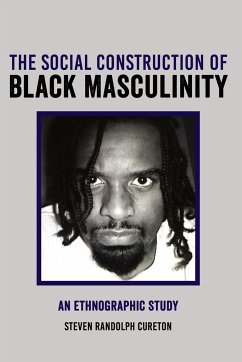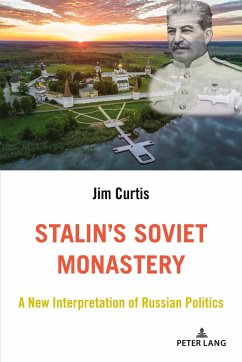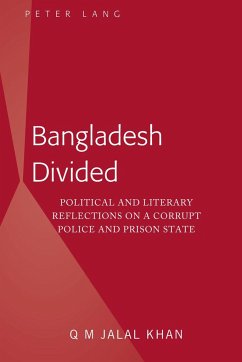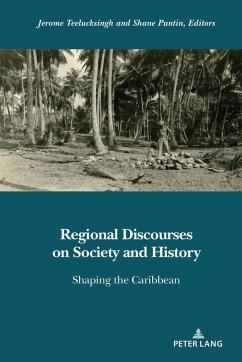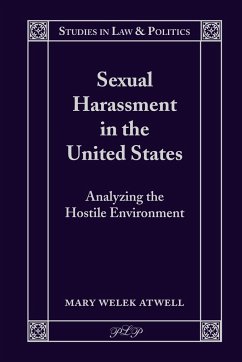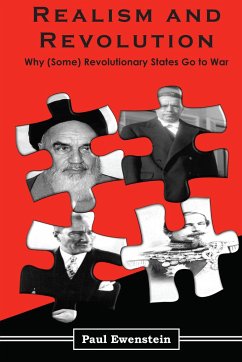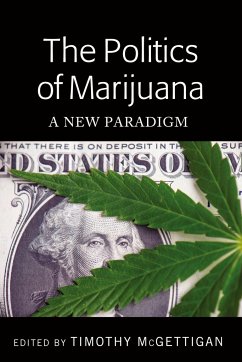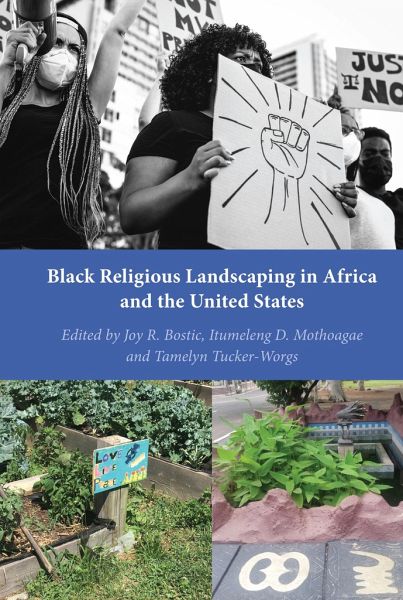
Black Religious Landscaping in Africa and the United States
Versandkostenfrei!
Versandfertig in 6-10 Tagen
99,15 €
inkl. MwSt.
Weitere Ausgaben:

PAYBACK Punkte
0 °P sammeln!
Black Religious Landscaping in Africa and the United States uses the prism of spatial theory to explore various aspects of Black landscapes on the African continent and Black Atlantic diasporic locations. The volume explores the ways in which Black people in Africa and in the Diaspora have identified obstacles and barriers to Black freedoms and have constructed counter-landscapes in response to these obstacles. The chapters in the book present diverse representations of the Black creative impulse to form religious landscapes and construct social, economic and political spaces that are habitabl...
Black Religious Landscaping in Africa and the United States uses the prism of spatial theory to explore various aspects of Black landscapes on the African continent and Black Atlantic diasporic locations. The volume explores the ways in which Black people in Africa and in the Diaspora have identified obstacles and barriers to Black freedoms and have constructed counter-landscapes in response to these obstacles. The chapters in the book present diverse representations of the Black creative impulse to form religious landscapes and construct social, economic and political spaces that are habitable for Black people and Black bodies. These landscapes and spaces are physical, psychological and conceptual. They are gendered and racialized in ways that are shaped by their specific religious, geographic and socio-historical contexts. These contexts are influenced by colonial systems and institutions of modern slavery. The landscapes that people of African descent struggle to construct, reshape and inhabit are intended to counter the effects of these oppressive systems and institutions and often include attempts to reclaim and adapt sources, concepts, tools and techniques that are indigenous to specific geographical contexts or ethno-racial groups. The contributors hope in this volume to offer a look at how the cartographic struggles and constructive engagements within these Black-inhabited spaces are rooted in Black movements that support the emancipation of Black lives and Black bodies from the oppressive forces of dominant geographies.





